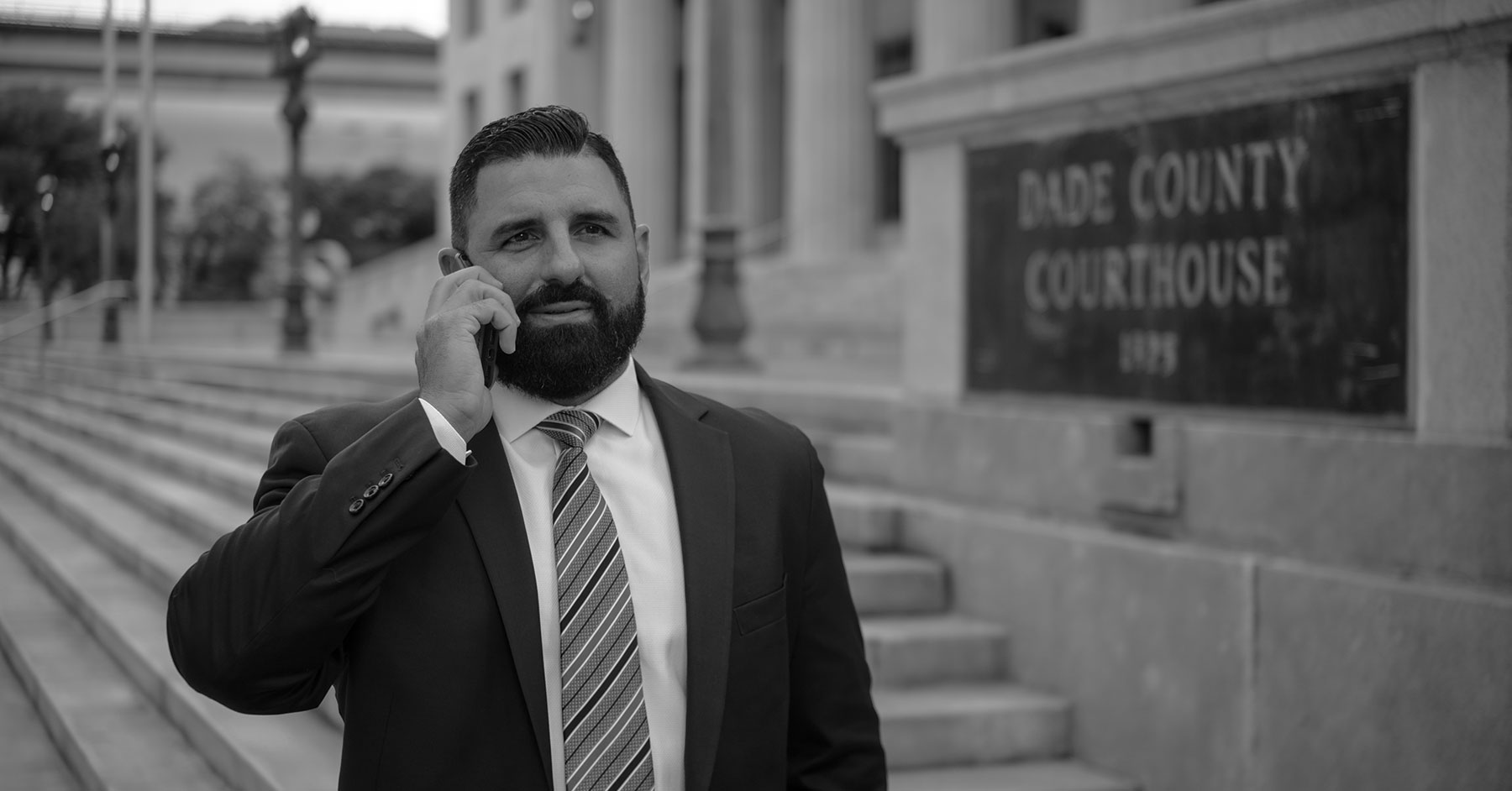What to Know About Federal Plea Bargains
A plea bargain is an arrangement between a prosecutor and a criminal defendant where the defendant enters a lesser plea in exchange for more lenient sentencing.
Since federal law involves different rules and procedures, the plea-bargaining process is a little different than what occurs on the state level.
Charge bargaining
Through TV, movies, and other media outlets, most people are aware of “charge bargaining”.
This is where a defendant pleads to a less serious crime than they were arrested for.
It is important to remember, however, that while prosecutors may recommend a plea deal, it is ultimately up to the judge in your case.
While the judge will certainly listen to the prosecution, and hear any plea deals, they have the discretion to impose sentencing that they believe is appropriate.
Sentence bargain
Under a sentencing bargain, you agree to a deal where you take less prison time or a lower fine but plead guilty to certain charges.
Federal sentencing guidelines still apply
While most cases result in plea bargains, it is important to remember that federal sentencing guidelines still apply.
Although the Supreme Court’s decision in United States v. Booker has changed the guidelines from mandatory to advisory, they still have a substantial influence on judge’s discretion in federal cases.
Plea bargains are a way for the government to secure a conviction when there is limited or questionable evidence.
Plea deals are useful for doling out punishment on first-time offenders and can prevent the criminal justice system from being inundated with cases.
Restrictions and prohibitions
There are some restrictions on federal plea bargains.
These include the following:
- U.S. attorneys cannot make plea agreements that prejudice civil or tax liability unless they have the express agreement of all affected divisions or agencies.
- No attorney for the government can seek, or threaten to seek, the death penalty just to obtain a more desirable negotiating position for a plea bargain.
Negotiating a plea bargain in federal court, and the applicable restrictions, can be similar in many ways to the state court plea bargain negotiation process.
However, depending on the charges you face and where you’re being processed, the attorney general in your state might place more or different restrictions on state prosecutors who negotiate plea deals in state court.
Only a knowledgeable federal criminal defense attorney can help you address the complexities of plea bargaining.
Contact an experienced federal crime defense lawyer
The Law Office of Nayib Hassan, P.A. has extensive experience representing clients accused of federal and state crimes throughout Florida.
Call (305) 403-7323 or contact us online to speak with an experienced Florida criminal law attorney today.

